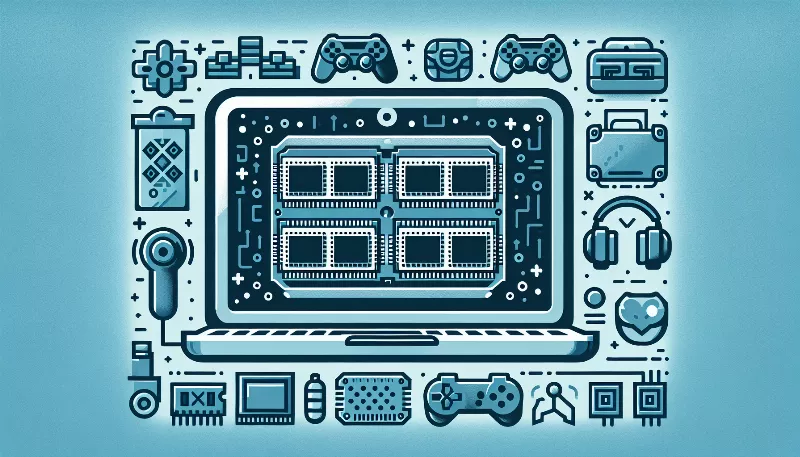What should I consider when choosing a processor for gaming laptops?
Unlock the secrets to gaming laptop performance! Learn key factors for selecting the perfect CPU for your gaming needs and elevate your play.

Understanding the Heart of Your Gaming Experience
When it comes to gaming laptops, the processor is the heart that pumps adrenaline into your virtual adventures. It's the core that determines how smoothly your games will run, how quickly they'll load, and how future-proof your investment will be. So, what should you consider when choosing a processor for your gaming laptop? Let's dive in with enthusiasm and uncover the key factors that will guide you to make the best choice for an epic gaming experience!
Performance: The Need for Speed
First and foremost, performance is king in the realm of gaming. A processor with a high clock speed measured in gigahertz (GHz) and multiple cores will deliver the power needed to handle demanding games. Look for processors that offer a balance between core count and clock speed, as more cores can handle multiple tasks simultaneously, while higher clock speeds boost the performance of individual cores.
Architecture: The Blueprint of Power
The architecture of a processor, also known as the microarchitecture, defines its efficiency and performance capabilities. Newer architectures typically bring improvements in speed, power consumption, and overall performance. Aim for the latest or a recent generation of processors to ensure you're getting the most advanced technology and features that will support the latest games.
Thermal Design Power: Keeping Cool Under Pressure
Gaming can put a lot of stress on a processor, leading to increased heat output. The Thermal Design Power (TDP) rating indicates the maximum amount of heat a processor is expected to generate under full load. A higher TDP often means better performance but also requires more effective cooling solutions. Ensure your gaming laptop has a robust cooling system to maintain optimal temperatures and prevent thermal throttling, which can hamper performance.
Compatibility: The Perfect Fit
Not all processors are compatible with every laptop motherboard. Before making a purchase, verify that the processor fits the socket on your laptop's motherboard and that the chipset supports the processor's features. Additionally, consider the potential for future upgrades; some laptops allow for processor upgrades, while others do not, which could affect the longevity of your device.
Integrated Graphics vs. Dedicated GPU
While the focus here is on processors, it's important to note that many come with integrated graphics. For casual gaming, a processor with powerful integrated graphics may suffice. However, for a more immersive and high-performance gaming experience, a dedicated graphics processing unit (GPU) is essential. Make sure the processor you choose doesn't bottleneck the performance of your chosen GPU.
Price-to-Performance Ratio: Maximizing Value
Finally, consider the price-to-performance ratio. High-end processors come with a premium price tag, but they may offer more power than you actually need. Conversely, budget processors might save you money upfront but could struggle with the latest games. Strike a balance between cost and the performance you require to ensure you're getting the best value for your gaming needs.
In conclusion, selecting the right processor for your gaming laptop involves a careful consideration of performance, architecture, TDP, compatibility, graphics requirements, and price. By taking these factors into account, you'll be well on your way to choosing a processor that will serve as a formidable foundation for your gaming escapades. Game on!










